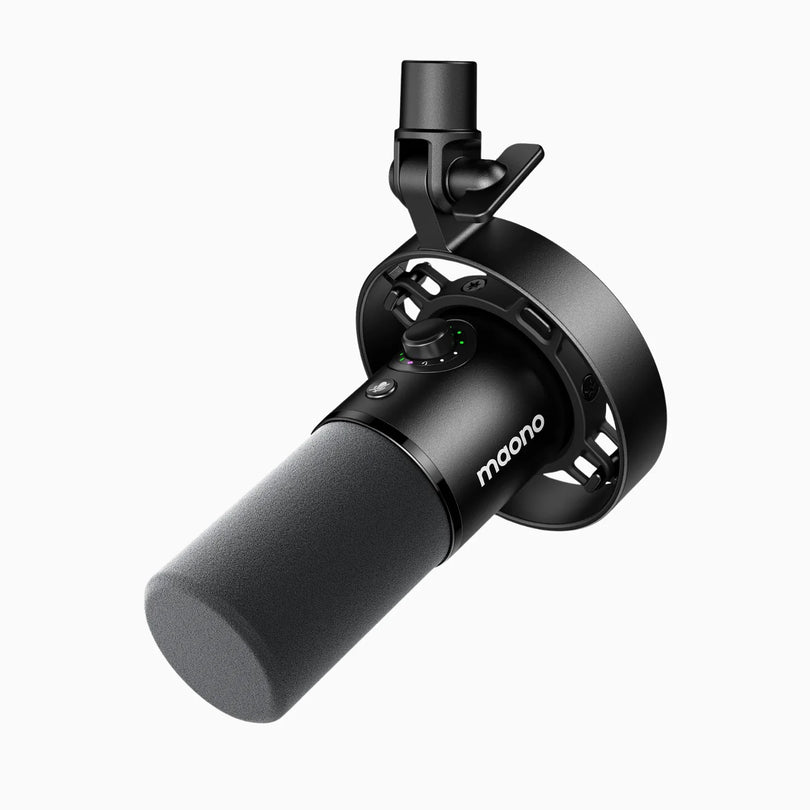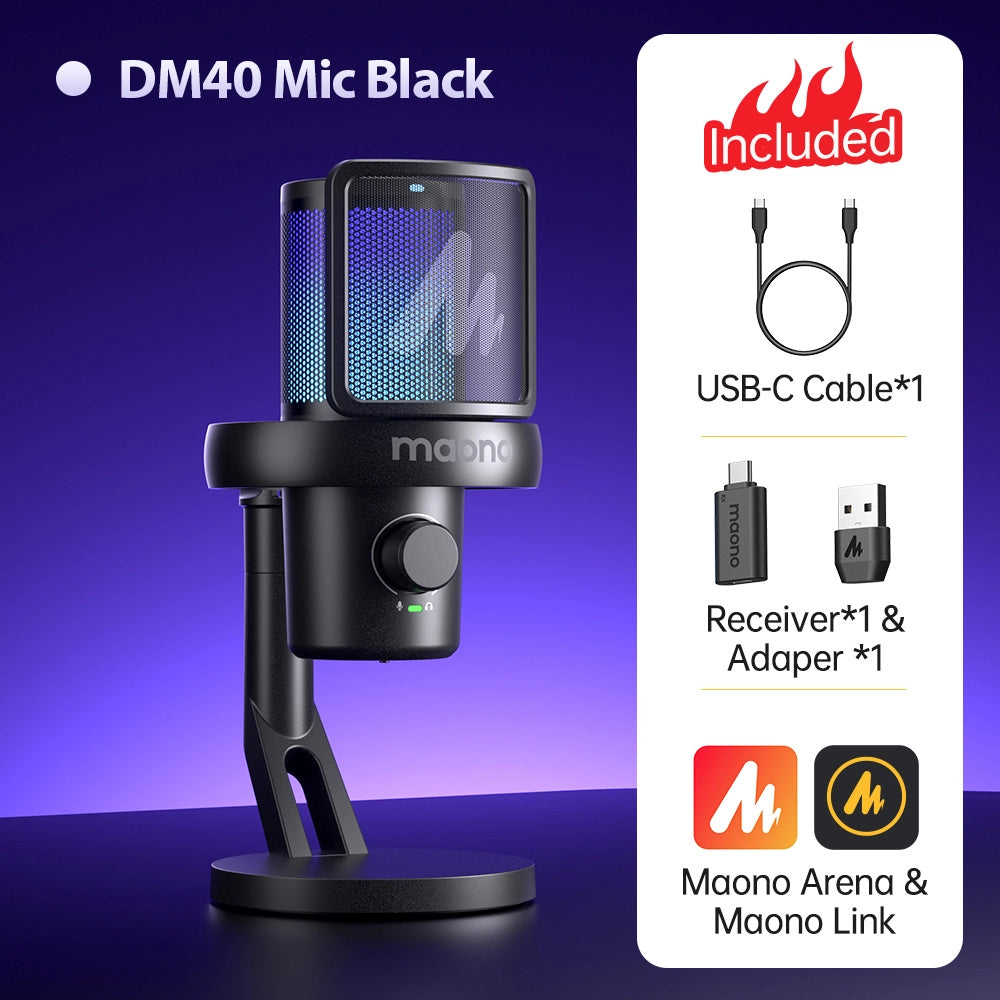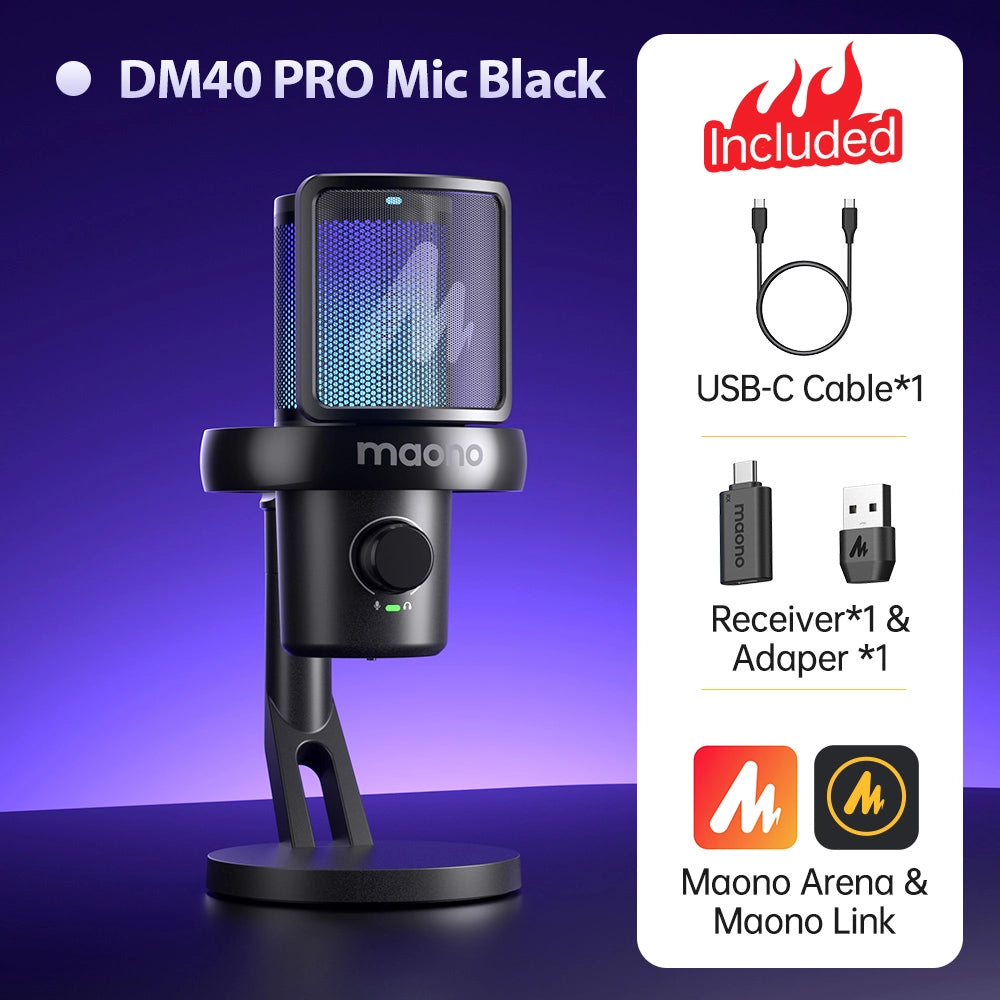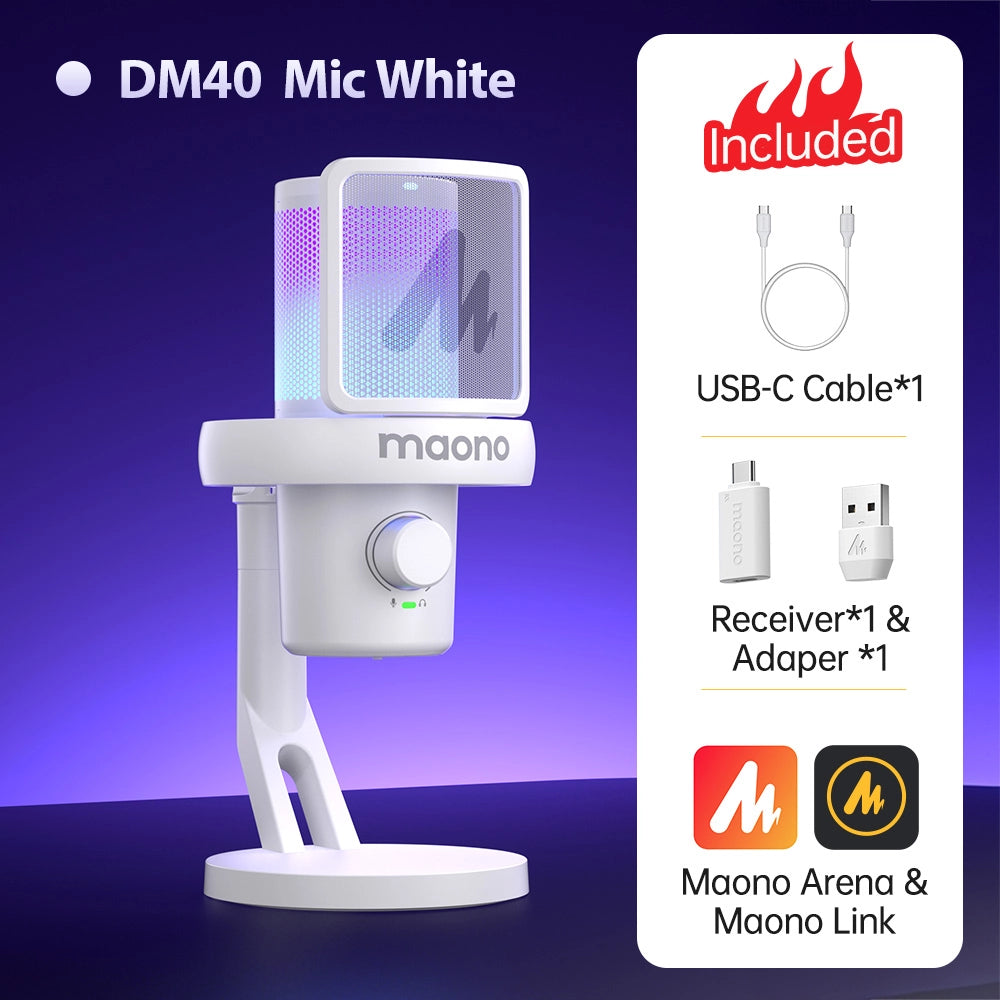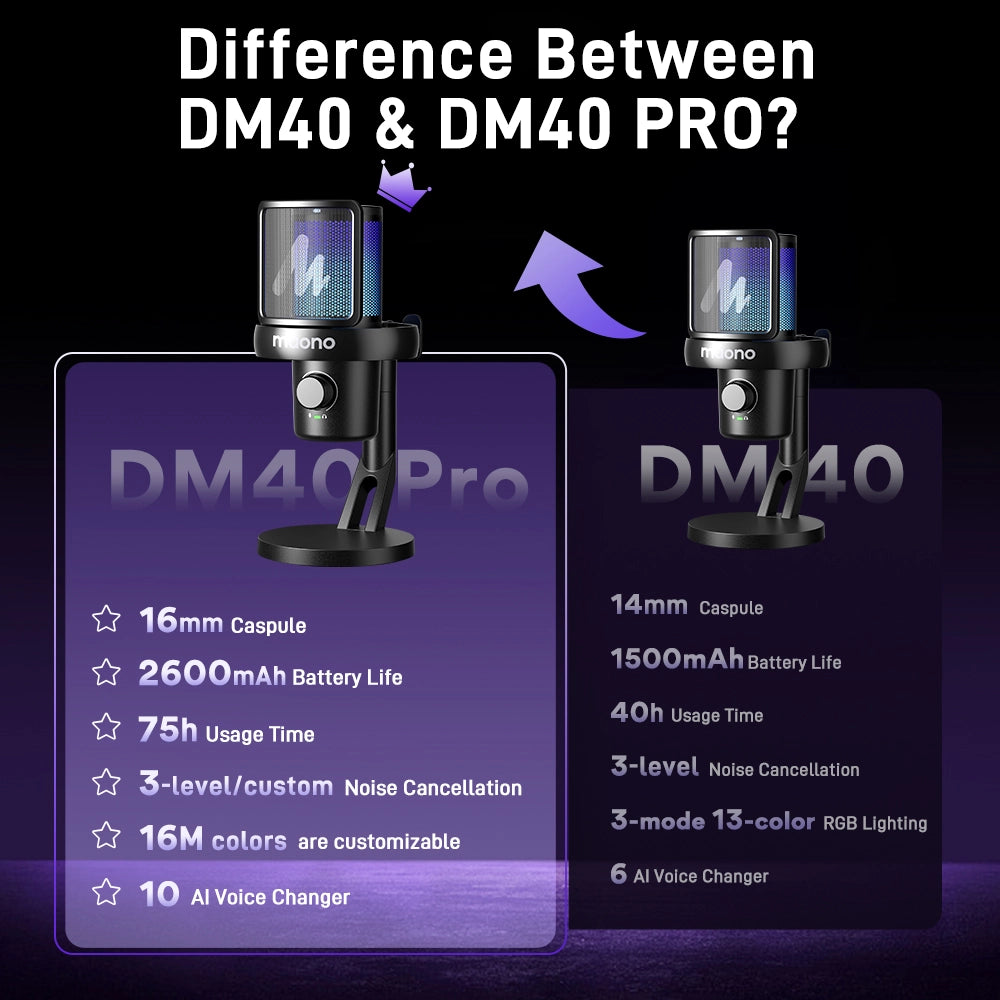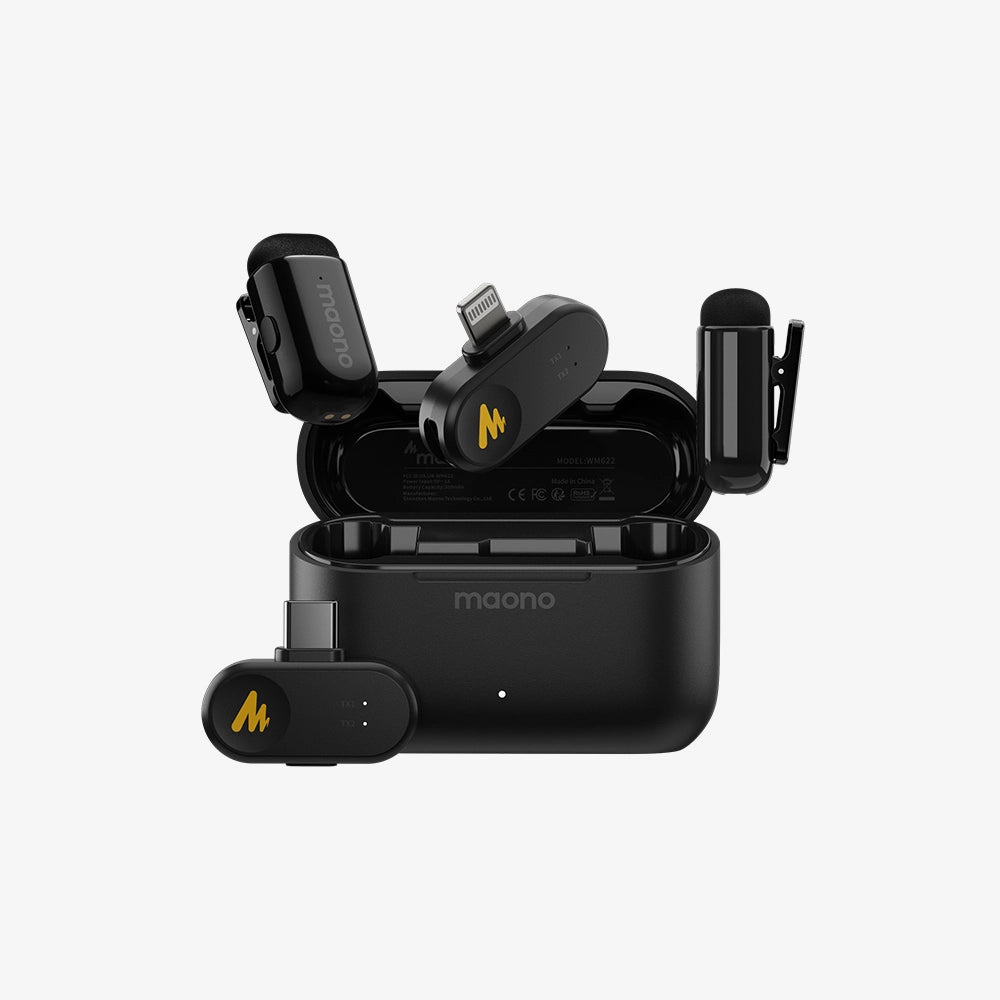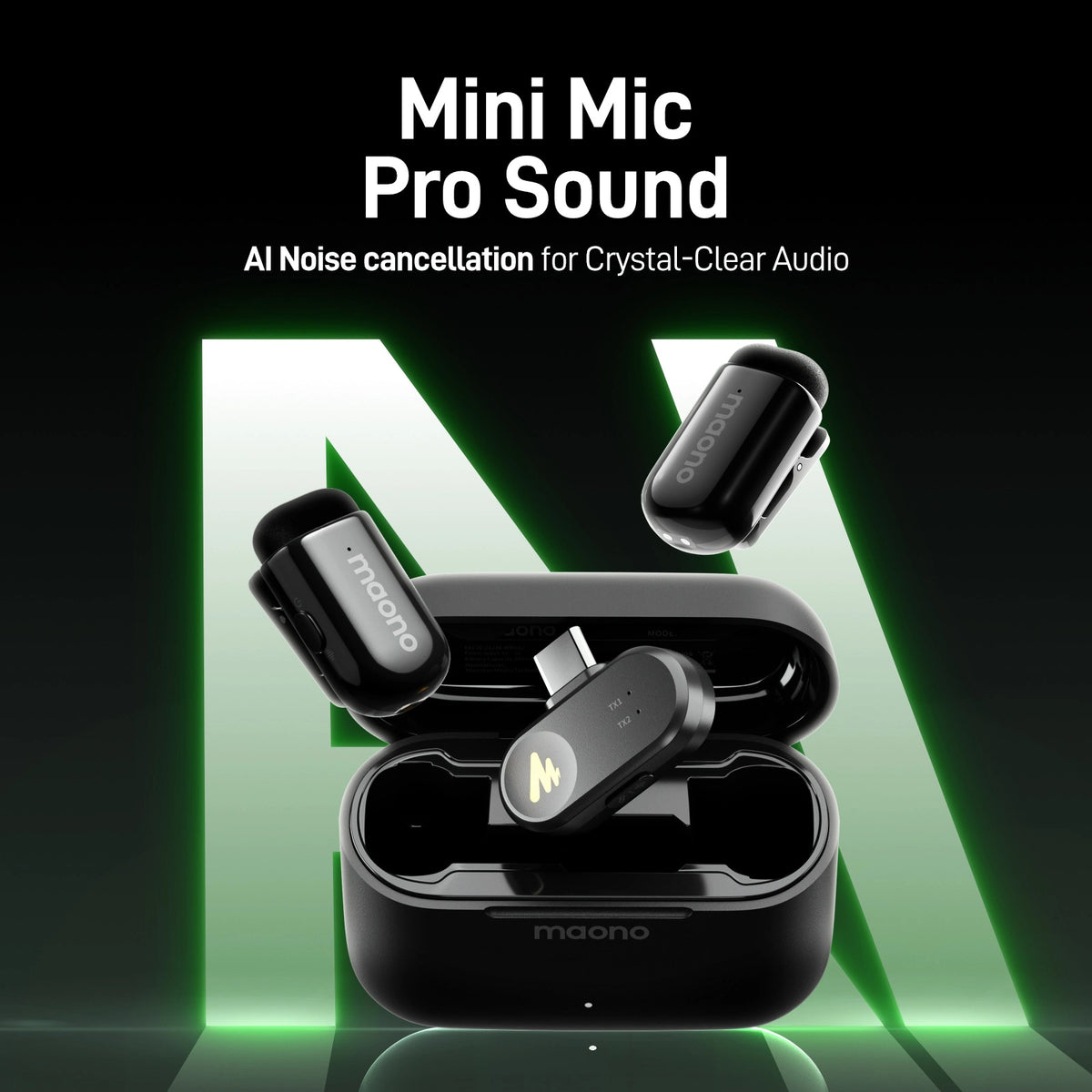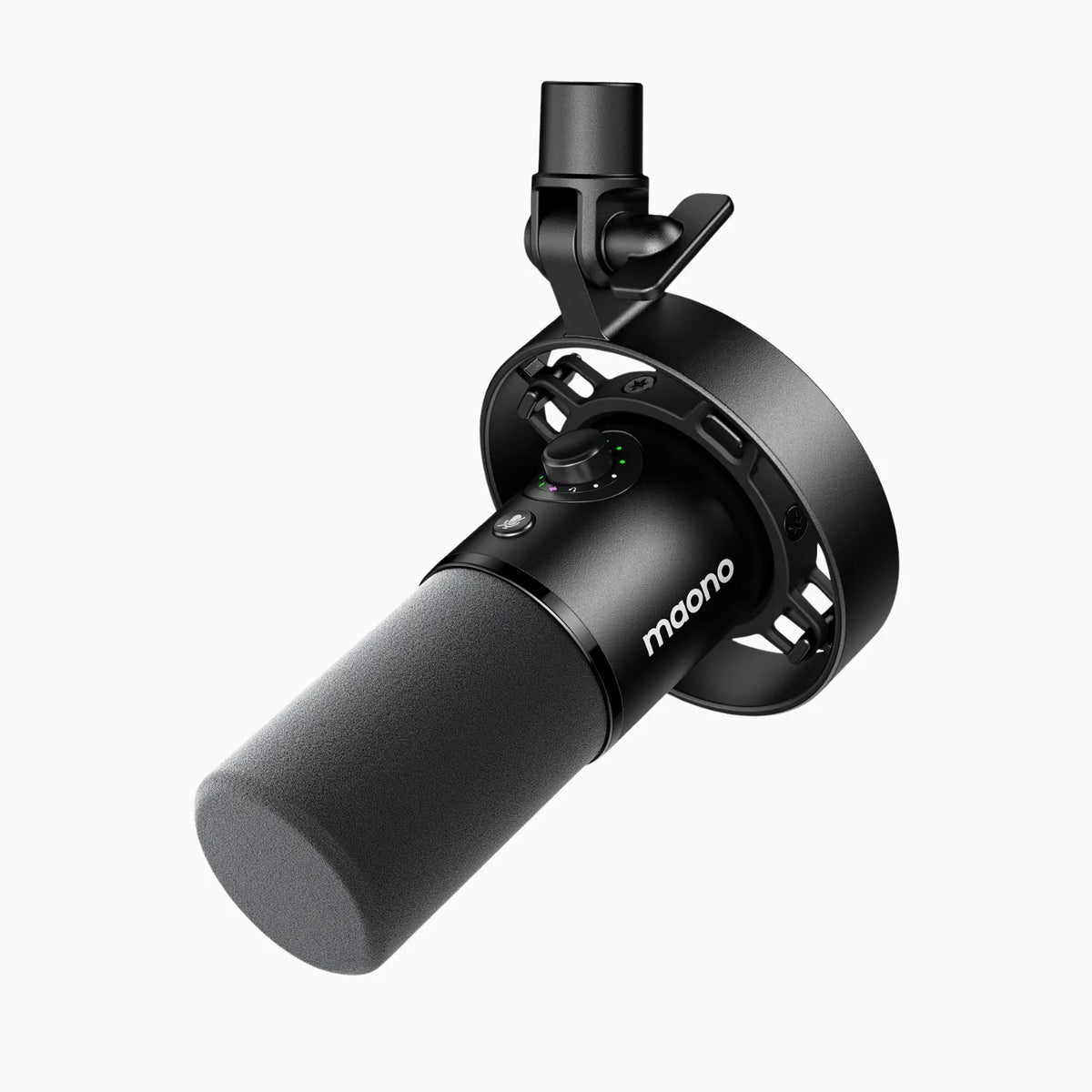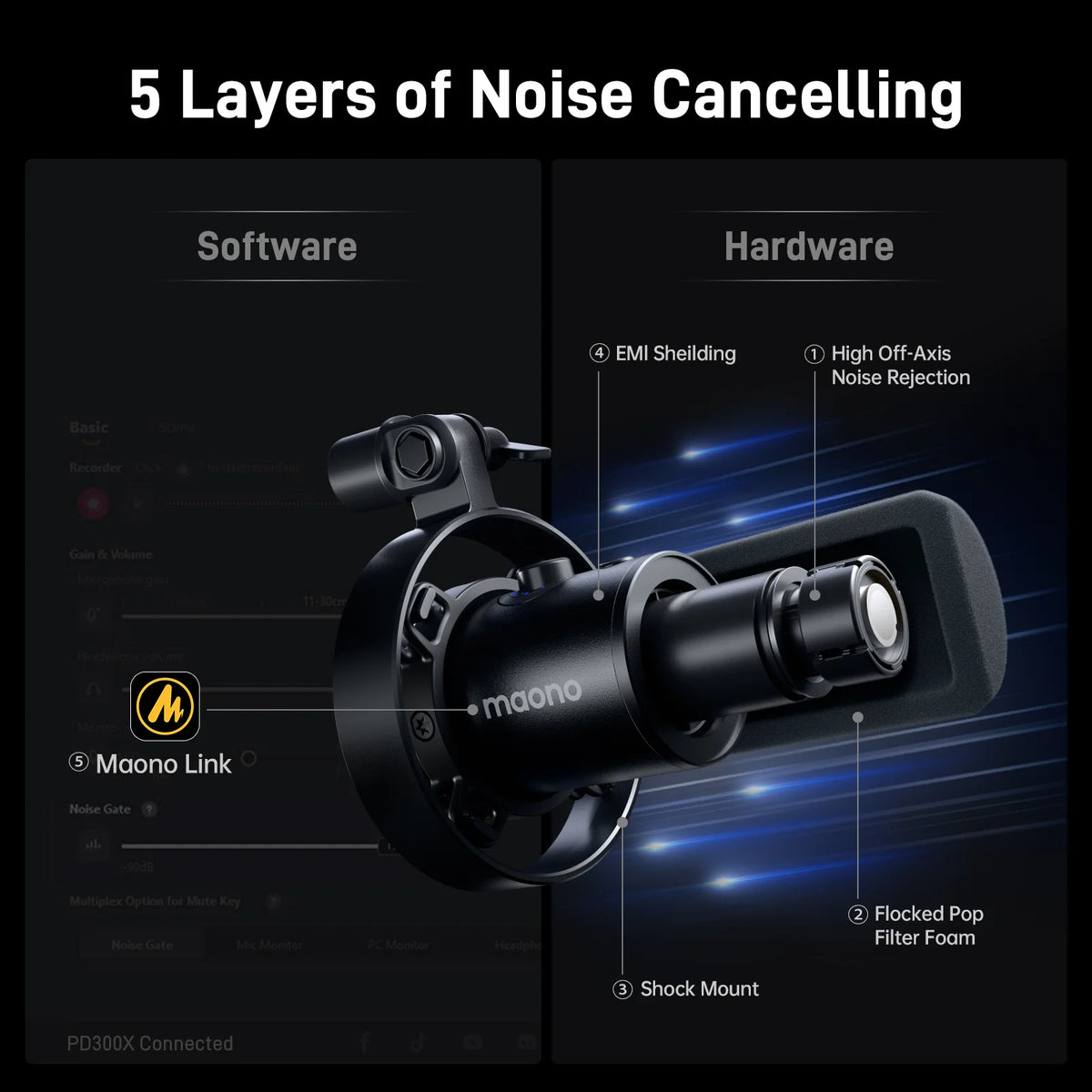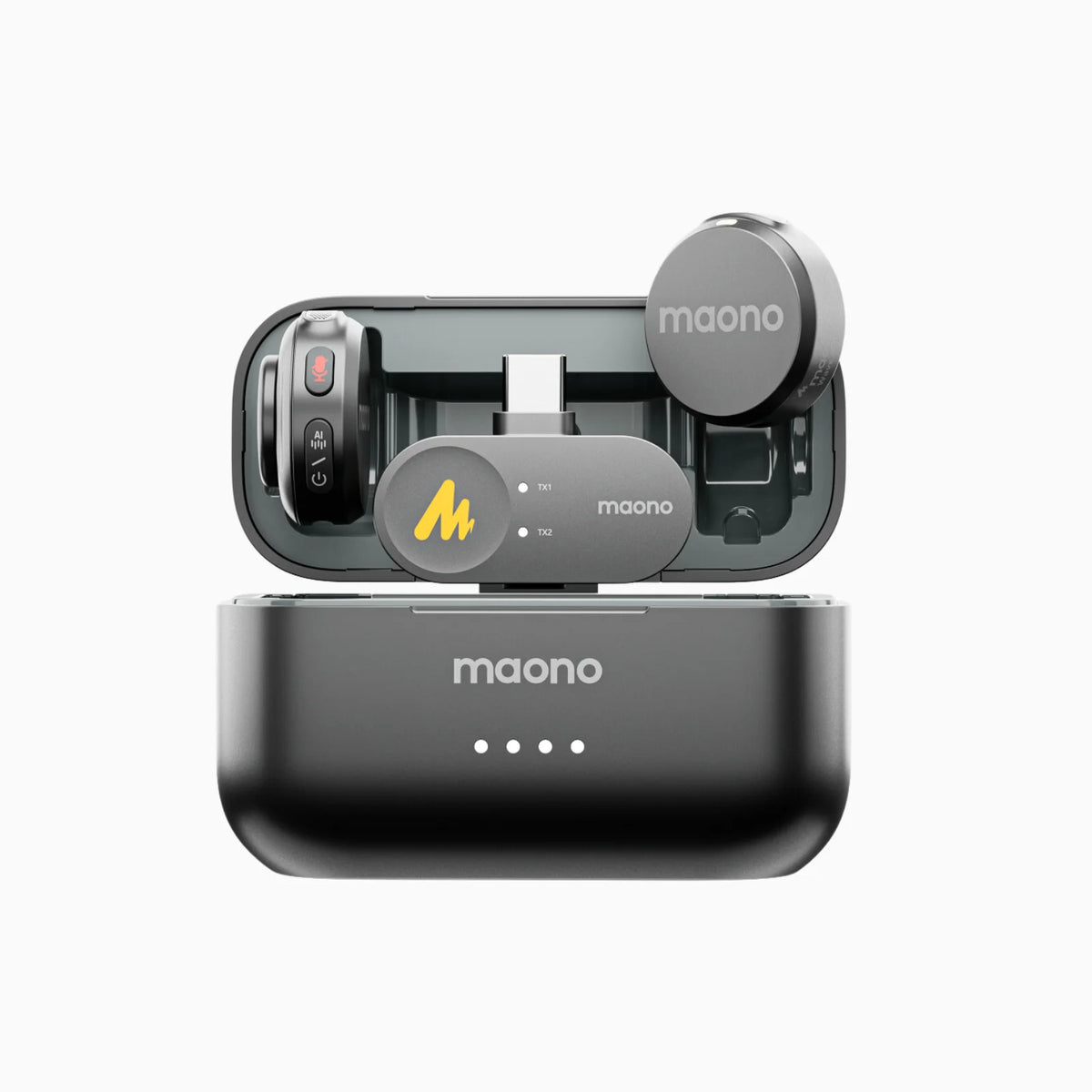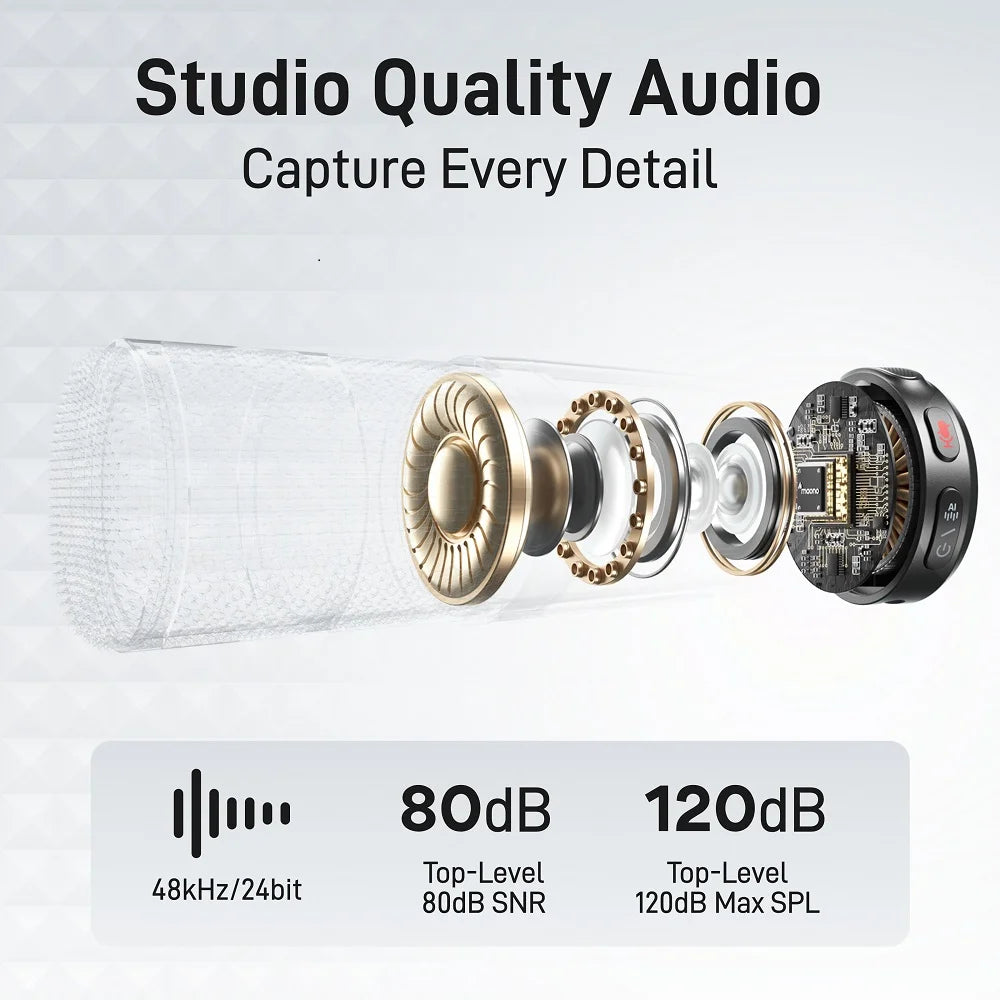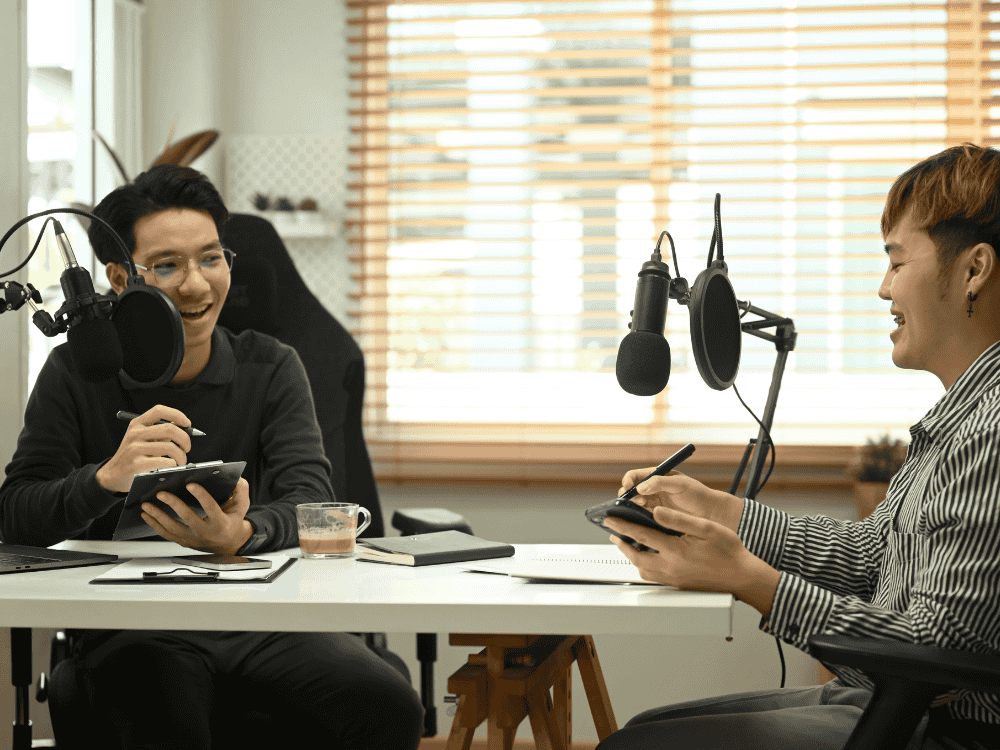When crafting a podcast that captivates listeners, the right audio mixer can distinguish between a professional sound and a muddled mess. Selecting an audio mixer for your podcast isn’t just about connecting microphones; it’s about enhancing your storytelling and elevating your audio quality to keep your audience engaged.
What is an audio mixer, and why do I need one for my podcast?
An audio mixer is a device that combines multiple audio signals into a single output. For podcasters, it serves as a central hub for managing audio from various sources, such as microphones, instruments, and other audio equipment. Using an audio mixer allows you to control levels, apply effects, and ensure high-quality sound, which is crucial for engaging your audience.
Types of Audio Mixers: Analog vs. Digital Mixers & USB Mixers vs. Traditional Mixers
When choosing an audio mixer for podcasting, it's essential to understand the different types available:
- Analog Mixers: These mixers use physical components to mix audio signals. They are typically easy to use and provide a warm, natural sound. However, they may lack advanced features found in digital mixers.
- Digital Mixers: These mixers convert audio signals into digital format, allowing for more complex processing and effects. They often come with built-in presets and can be controlled via software, making them versatile for both live and studio settings.
- USB Mixers: These are a hybrid option that connects directly to your computer via USB. They are excellent for podcasters who want a simple setup without extra interfaces, as they often include built-in audio interfaces.
- Traditional Mixers: Often found in professional settings, traditional mixers can be larger and more complex, suitable for those with more extensive audio needs. They offer a variety of inputs and outputs, ideal for larger setups.
How Do I Choose the Right Audio Mixer for Podcasting? What Are the Features to Consider?
When selecting an audio mixer, consider the following features:
- Number of Channels: Determine how many microphones or audio sources you'll be using. A mixer with multiple channels allows for more flexibility in your setup.
- Built-in Effects: Look for mixers with built-in effects like equalization (EQ) and reverb. These can enhance the sound quality of your podcast without requiring additional equipment.
- Phantom Power: If you're using condenser microphones, make sure your mixer provides phantom power (usually +48V) to support them.
- MIDI Compatibility: If you plan to integrate musical elements or other MIDI devices into your podcast, consider a mixer with MIDI functionality.
What Are the Benefits of Using an Audio Mixer Over a USB Microphone?
While USB microphones are convenient and easy to use, audio mixers offer several advantages:
- Control Over Sound: Mixers provide greater control over audio levels and sound quality, allowing you to adjust each source individually.
- Flexibility: If you plan to have multiple guests or different audio sources, a mixer lets you connect various devices and manage them all in one place.
- Enhanced Features: Mixers often come with built-in effects and routing options, giving you more creative control over your sound.
How Do I Set Up an Audio Mixer for My Podcast Recording?
Setting up an audio mixer for podcasting involves a few straightforward steps:
- Connect Your Microphones: Use XLR cables to connect your microphones to the mixer. Ensure that each mic is plugged into a separate channel.
- Adjust Levels: Start by setting the gain levels for each channel. Aim for a good signal level without clipping (distortion).
- Apply Effects: If your mixer has built-in effects, apply any EQ or reverb settings you desire.
- Monitor Audio: Use headphones to monitor the output directly from the mixer. This will help you catch any issues in real-time.
- Connect to Your Recording Device: Finally, connect the mixer to your recording device via USB or line-out cables, depending on your setup.
What Other Essential Features Should I Look for in a Podcast Audio Mixer?
When shopping for an audio mixer, keep an eye out for these essential features:
- Multiple Inputs: Ensure the mixer has enough inputs for all your microphones and other audio sources.
- USB Output: If you want a straightforward setup, a mixer with USB connectivity is ideal.
- Compact Size: If you're short on space or plan to travel, a compact mixer will be beneficial.
FAQs
1. Can You Recommend an Audio Mixer for PC for Multiple Mics on a Very Low Budget?
For a budget-friendly option that accommodates multiple mics, consider the Behringer Xenyx Q802USB. It features two XLR inputs with phantom power, USB connectivity for easy recording on your PC, and is compact enough for small setups.
2. What's Better for Podcasting, an Audio Mixer or an Audio Interface? What Are the Similarities and Differences Between the Two?
Both audio mixers and audio interfaces serve important roles in podcasting but have distinct differences:
- Audio Mixers: This allows for real-time mixing of multiple audio sources, ideal for dynamic setups with multiple microphones or sound sources. They offer control over levels and effects.
- Audio Interfaces: Primarily designed to convert analog signals to digital for recording. They usually have fewer inputs than mixers but can provide high-quality audio conversion and may come with built-in preamps.
- Hybrid - There is also a hybrid type that combines both an audio interface and an audio mixer.
For many podcasters, using both in tandem can offer the best of both worlds: the flexibility of a mixer and the high-quality conversion of an audio interface.
3. What Are the Popular, Trusted, and Recommended Brands or Models for Audio Mixers?
Here are nine trusted brands and models to consider for podcasting:
- Behringer Xenyx Q802USB: Great for beginners on a budget.
- Yamaha MG10XU: Offers excellent sound quality and durability.
- Mackie Mix Series: Known for their robust build and reliability.
- Soundcraft Notepad-12FX: Compact and versatile, with built-in effects.
- Zoom LiveTrak L-8: Perfect for podcasters with multiple guests; allows for live mixing.
- Rode Rodecaster Pro: Specifically designed for podcasters with intuitive controls and features.
- Tascam Model 12: Combines mixer and audio interface features, suitable for more advanced setups.
- Maonocaster Lite AM200:

An excellent choice for those looking for an affordable yet feature-rich option. The Maonocaster Lite or the Maono AM200 is an easy-to-use audio mixer PC and functions as a combined interface and mixer in one. It has a denoise function to reduce background noise, a 10-step reverb, and three modifiable tones, allowing you to customize your voice and add sound effects like applause and laughter. It supports up to two people and four devices, enabling simultaneous streaming.

The sleek design of the Maonocaster Lite 100 offers four channels of audio mixing. It has a built-in rechargeable battery, designed for portability. It features six reverb modes, auto-tunes, and four types of pitch changers. Additionally, it includes special features like noise canceling, loopback, sidechain, and mix-minus. It's one of the best mixing devices for your podcast audio.
Conclusion
Selecting the right audio mixer for your podcast can significantly enhance your production quality and make the recording process smoother. By understanding the types of mixers available, evaluating essential features, and considering your specific needs, you can select a mixer that will serve you well. Whether you're just starting or looking to upgrade your setup, investing in a quality audio mixer is a step towards creating professional-sounding podcasts that will engage and captivate your audience. Happy podcasting!




